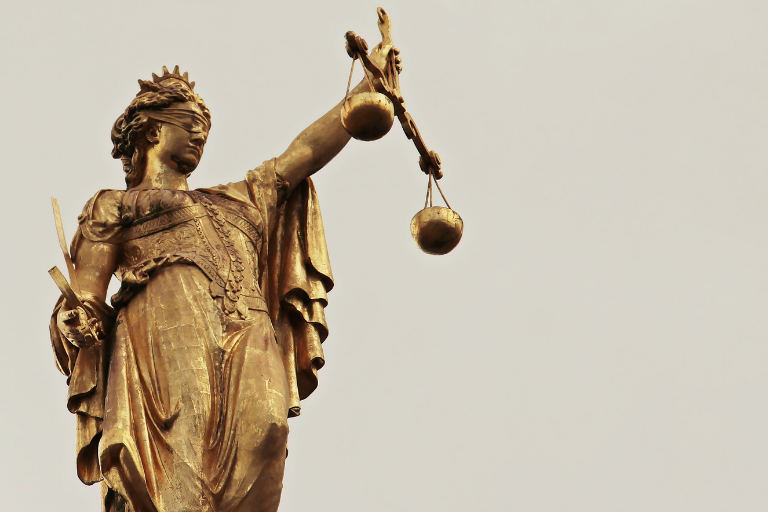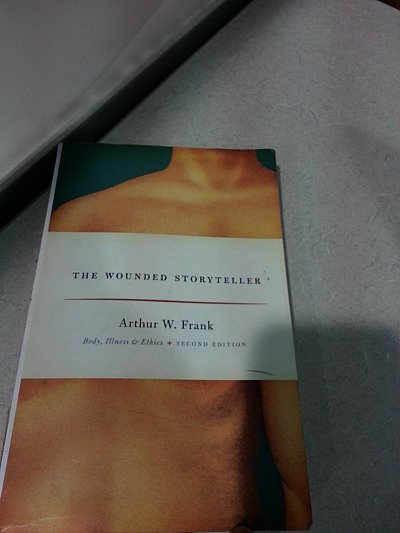- Home
- Think Pieces
- Literary Analysis
- Two Truths Are Told Macbeth
Two Truths Are Told - Macbeth Analysis (Plot, Themes, etc)
'Two truths are told' is the name of a soliloquy found in William Shakespeare's play Macbeth. This speech is given by Macbeth himself in Act 1 Scene 3 of the play. We are going to look at the content of the soliloquy, the context and the meaning of the words in the speech.

Two Truths Are Told Macbeth
(aside) Two truths are told
As happy prologues to the swelling act
Of the Imperial Theme. (To Ross and Angus) I
Thank you gentlemen.
(aside) This Supernatural soliciting
Cannot Be ill, cannot be good. If ill,
Why hath it given me earnest of success,
Commencing in a truth? I am thane of Cawdor.
If good, why do I yield to that suggestion
Whose horrid image doth unfix my hair
And make my seated heart knock at my ribs
Against the use of nature? Present fears
Are less than horrible imaginings
My thought, whose murder yet is but fantastical,
Shakes so my single state of man
That function is smothered in surmise
And nothing is but what is not.
The Context - Two Truths are Told Soliloquy
Where in the plot of Macbeth does this soliloquy come in?
Macbeth and his friend Banquo had just finished speaking with the witches. They had just prophesied that Macbeth that Macbeth would be Thane of Cawdor and King thereafter. At that point in time however, Macbeth just the Thane of Glamis. Then the witches also address Banquo with three prophecies. They say that he will be 'Lesser than Macbeth and greater,' 'Not so happy, yet much happier', and 'Thou shalt get kings, though thou be done.'
Then the witches vanish into the air leaving Macbeth puzzled. He knows that he is Thane of Glamis as a result of Sinel's death. But he is unsure why they have called him the Thane of Cawdor, as he thinks that the Thane of Cawdor is still alive and well. He is even more astonished at the thought of being King, but the witches have already disappeared so he gets no answers.
Macbeth and Banquo start to wonder if they were seeing things or if they have gone mad. Then they start laughing about what had just occurred, making fun of what they believe to be nonsense. Then two men on horseback approach them. The two men dismount and show themselves to be Ross and Angus. After warm greetings and hearty handshakes Ross addresses Macbeth.
Ross tells Macbeth that the King is delighted with the news of Macbeth's success and thanks Macbeth on behalf of the King.
Then Ross explains that the King wishes to reward Macbeth, that from then on Macbeth is going to be known as the Thane of Cawdor. Macbeth and Banquo are both surprised. Macbeth exclaims: 'Why do you dress me in borrowed robes?' expressing his utter shock.
Angus explains that the old Thane of Cawdor had committed capital treason and that he is under a heavy death sentence. Macbeth then softly whispers to Banquo : 'Don't you have hope that your children will be Kings'.
Banquo relies commenting on how strange a sequel of events they have experienced. Banquo then says 'to bring us to destruction, the forces of darkness tell us truths -convince us with simple facts, to betray us in more serious matters.'
Ross and Angus talk quietly a few yards away. Banquo asks to have a word with them and leaves Macbeth alone. This is when Macbeth conveys his thoughts and feelings in this insightful soliloquy.
Related: 12 Best History Audiobooks - Nonfiction and Captivating Memoirs.
The Meaning behind the Soliloquy
So Macbeth is immersed in confusion. He tries to apply reason to it. The weird women had told him two truths as innocent prologues to the imperial theme. Not long ago he was laughing about these prophecies, never believing they would come true. But now he has come to the scary realization that what the witches had prophesied has actually come true.
He thinks about the impact of what the witches have said. Their prophecy couldn't be bad. Nor could it be good. He wonders: If it is bad why did it promise such success for him, beginning with an indisputable fact? He was Thane of Cawdor after all.
But if it was good, why did it make him think about doing something so unnatural that it made his hair stand up on end and his heart pound furiously-knocking against his ribs? Macbeth can't bear to think about how exactly the prophesy might come true, what may lead to his eventually becoming King, if the witches prophesies continue to be fulfilled.
His present fears are vivid and horrible. Macbeth's worst moments of fear in battle are nothing to the horrors of his imagination now. His worries about the future are more real and threatening that anything else in his life at this moment. The thoughts that keep coming to him are so outrageous and unsettling that he is losing sense of all reality. It furiously 'shakes..his single state of man'. This is the beginning of Macbeth's decline.
Themes
This soliloquy portrays the themes of mental insecurity, confusion, double meanings and shows the idea of danger lurking.
Macbeth is mentally insecure because he is shocked at the fulfillment of the witches prophecy and doesn't know how to deal with it. He senses that an external force is playing a major role in his life and is worried about how the future might turn out.
Macbeth is confused at how fast the prophecy has been fulfilled and how something he never thought possible starts to happen.
The witches words are full of double meanings and they use this technique to conceal the truth and make Macbeth confused. This is known as equivocation.
Danger is lurking in the future as Macbeth continues to ponder on the witches prophecies. He is becoming aware of the implication of their prophecies and can feel that something bad may happen for their words to come true. If he is too become King, surely something has to be upset?
This post may contain affiliate links. Please read my disclosure for more information.
Free Macbeth Study Guide
To supplement your reading of Macbeth and to help you get a better understanding of the major themes and devices used by the author, I recommend using the Cliffnotes audio study guide on Shakespeare's Macbeth.
The Cliffnotes guide provides useful tools so you can:
- Hear an introduction to Macbeth
- Explore themes, character development, and recurring images in the Critical Commentaries
- Learn about the life and background of William Shakespeare
- Learn new words from the glossary at the end of each chapter
- Examine in-depth character analyses
- Acquire an understanding of Macbeth with Critical Essays
This study guide was written with the assumption that you have read Macbeth, and it's designed to help you get all you can from the play. You can get the Cliffnotes study guide for free here.
Happy studying!
Thanks for reading! If you liked this content, share with a friend:
Recent Articles
-
5 Best Interview Preparation Courses and Classes Online
Apr 24, 24 05:24 PM
Hoping to ace your upcoming interview? Here are the best interview preparation courses online to boost your confidence and performance. -
5 Best Media Training Courses to Prepare You for a Media Interview
Apr 10, 24 05:37 PM
Preparing for an upcoming media interview? Here are the best online media training courses to equip you with the tools you need to succeed. -
5 Best Research Methods Courses and Certificates Online (2024)
Mar 27, 24 05:06 PM
Here are the best research methods courses online that enable students and professionals to learn at their own pace and earn a certificate in research methods.








